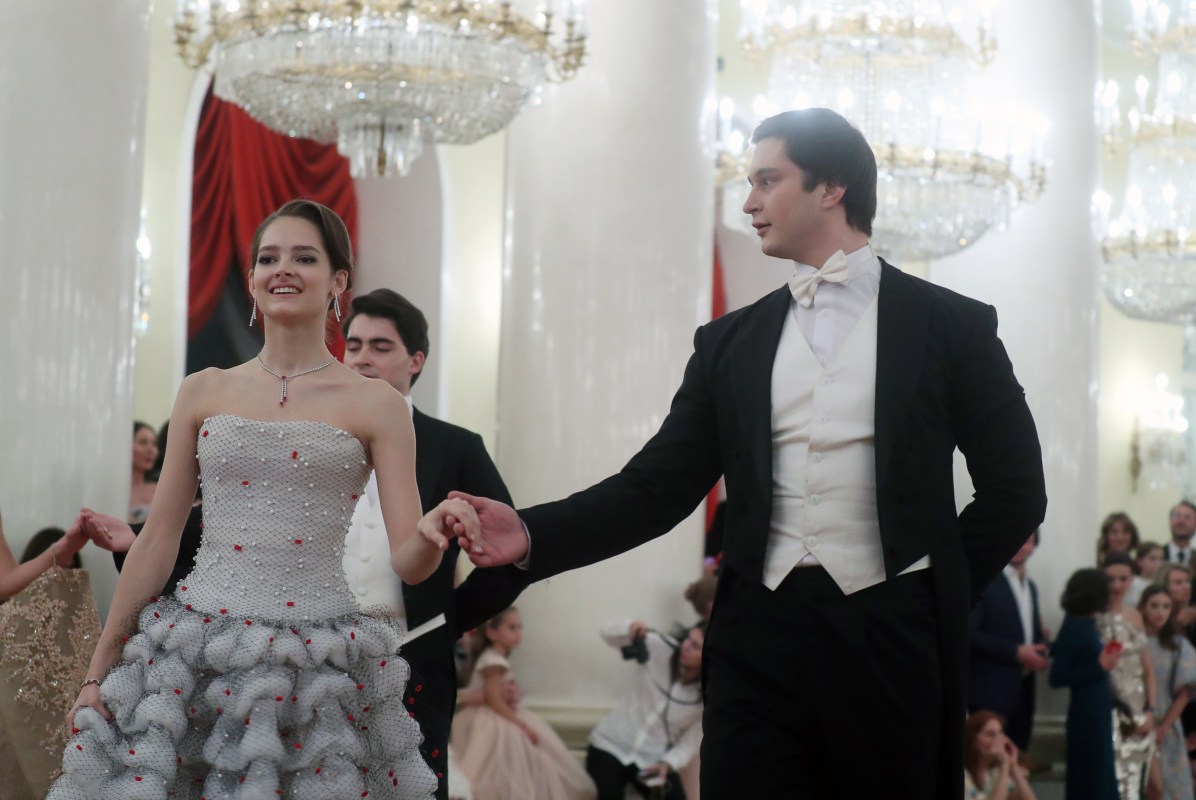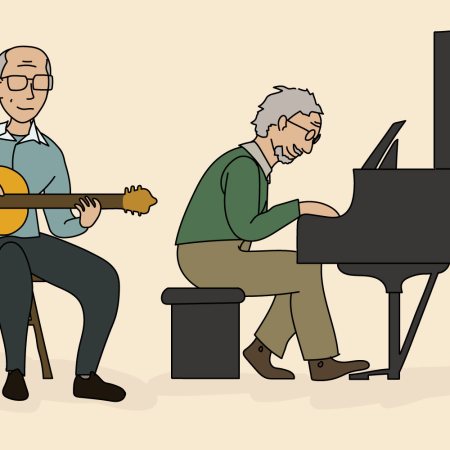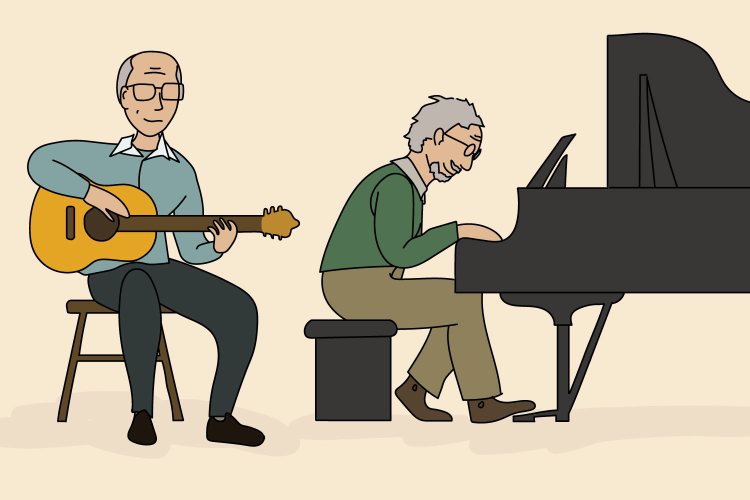Ours is an age of conflicting messages. Human progress is simultaneously thwarted and thriving, technology both connects us and isolates us. And when it comes to masculinity, some cry it’s a toxic social construct that must be eradicated, yet it is concurrently celebrated in every big-screen depiction of superhero saving the world from destruction.
In 2004, Brad Miner wrote a non-partisan though deeply traditional interpretation of heroic manliness entitled The Compleat Gentleman: The Modern Man’s Guide to Chivalry. It is assiduously researched, soul inspiring, and quite literally a call to arms. Miner and his sons are all practicing martial artists, and he sees physical prowess and being “combat ready” as intrinsic qualities of any gentleman, who by definition is prepared to summon the courage to confront evil and to sacrifice himself for others.
Having recently discovered the book, I was immediately curious what relevance it may still hold to any but that small minority that binge-watches Game of Thrones on Saturday night and then attends services the following morning. Wouldn’t new cultural concerns, such the rise of social media, with its fake news and public shaming; #MeToo, the wage gap, and equity across the gender spectrum; free speech vs. punch-a-Nazi (that’s anyone who disagrees with you); and the teaching of white privilege/supremacy/colonialization made notions of gentlemanliness and chivalry more antiquated than ever?
I reached out to Mr. Miner and found that, like any true traditionalist, he hadn’t changed much, even if the world around him has.
* * *
Fourteen years after The Compleat Gentleman, has the call for chivalry and gentlemanliness become hopelessly quixotic, or is it needed now more than ever?
Brad Miner: Early on in the book I acknowledge that there is a quixotic character about all this, but I also assert that it has always been so. Thoreau, who is among America’s most overrated icons (only slightly less odious than his buddy Emerson), wrote that “the mass of men live lives of quiet desperation.” Maybe so, although I doubt it. But few are, or ever were, chivalrous. They may have intelligence, good manners, and humor — and those are fine qualities — but few will be willing to lay down their lives for others.
Increasingly, the active life is succumbing to the passive life. Social bonds are weakening, military enlistments are declining. If the trend of turning inward continues, we will be a diminished people. However, there will always be men — and women — who will seeks something better, higher, and more fulfilling.
So much has changed since the book came out. If you were to sit down and write the book today, how would all the social changes affect your thinking on chivalry and the role of the contemporary gentleman?
BM: Well, as to what I might change, the answer is nothing. The point of my book was to identify the aspects of chivalric and gentlemanly behavior that are not rooted in any particular time and place; that, with allowances for cultural change, are the same in 2018 as they were in 1118.
You’ve said our current president is much closer to a cad than a gentleman, and many think he’s far worse than that. Likewise, #TimesUp and #MeToo are exposing the worst side of male behavior. We seem to be in an indeterminate state in which there are shreds of the old chivalry but not enough to exert the controlling influence on men’s baser behaviors that it used to help curtail, and an imagined future of gender equity in which men no longer behave badly. Can you comment on this current limbo-like state?
BM: We’re not in “limbo” any more than in any previous moment in history. It’s our perennial existential predicament. If there is a difference between now and a time when chivalry was assumed to be among humanity’s highest ideals, it’s that in those other eras many men aspired to be chivalrous; now far fewer do. But never believe that chivalrous men were ever more than a minority. It takes courage to be a compleat gentlemen, because it is always countercultural. As Chesterton wrote, there are an infinity of angles at which a man falls; only one at which he stands upright.
In your book you describe the compleat gentleman as always combat-ready and physically able and willing to defend good against evil. How would you update your assessment of this in this age of polarized self-righteousness when who the bad guys are has become more subjective than ever. Could your views about “be ready to defend against evil” be misinterpreted?
BM: It’s true that chivalry is above all the worldview of fighting men. In my book, however, I acknowledge that not all compleat gentlemen are necessarily combat-ready. There are other ways a man can fight. But as to the thuggishness to which you refer, it bears no similarity to chivalry, given that in the incidents of violence by fascists right and left of which I’m aware, seem, in every case, to be expressions of cowardice.
As to my words being misinterpreted, that goes with the business of writing. And, as Antonio tells Bassanio in The Merchant of Venice, “The devil can cite Scripture for his purpose.”
The current state of boys and young men continues to be troubling. They exhibit far more social pathologies than girls and far underperform in scholastic achievement, including college enrollment. The right says our culture has become too feminized, while the left says antiquated “toxic” ideas about masculinity are the problem. What are your thoughts?
BM: Any man – from his teens into his thirties – who succumbs to “feminization” deserves his fate. I’m neither a psychologist nor a sociologist, but if I were assigning a bird-dog researcher to nose out an answer, I first give him the scent of passivity. That’s a good place to start in the matter of violence too. Many boys now come through American schools being taught that their masculinity is toxic. It’s up to parents, fathers especially, to reject this. I think it’s entirely compatible with the development of young, chivalrous men that they should learn to smile through the stupidity – to listen to the nonsense and to reject it without engaging in too much confrontation. Take what is good; reject what is bad.
I write a lot about restraint in The Compleat Gentleman, even calling it the great “lost virtue.” Martial skills, sports, hobbies, reading that challenges the mind, lively conversation, and lasting friendships will sustain a young man through good times and bad. And I’d be remiss if I did not suggest that religious faith is also very important.
Third-wave feminism has also advanced significantly, aided by social media. And yet there are reports that anxiety and neurosis among young women is at a record high. How would you characterize the trade-offs we’re seeing as the old patriarchy and its courtesies continues to evaporate, replaced by a kind of bureaucratic chaperone chivalry (affirmative consent, chaperones during male-female business meetings) in the guise of gender equality?
BM: I must say this is the first time I’ve encountered the term “chaperone chivalry.” It’s an interesting turn of phrase, except I’m unclear what you mean by it. In my chapter on “The Lover,” I did my best to think through the implications of the obvious and ongoing changes in the relationship between the sexes. It’s clear to me that feminism has been good for some women – perhaps most – and bad for others. It’s also clear that sex roles have changed, for good or for ill. But it’s also clear that there are two sexes and that they are different. If feminists of whatever wave wish not to acknowledge those differences and, therefore, to reject the deference and support of good men, that’s their right.
Besides the cliché of being a doorman whenever a lady is near, what are things that a man can start doing right now to make himself more gentlemanly and chivalrous?
BM: He should stop thinking so much about himself. He should drop to one knee and thank God for giving him life, and he should swear never to act dishonorably.
This article was featured in the InsideHook newsletter. Sign up now.























